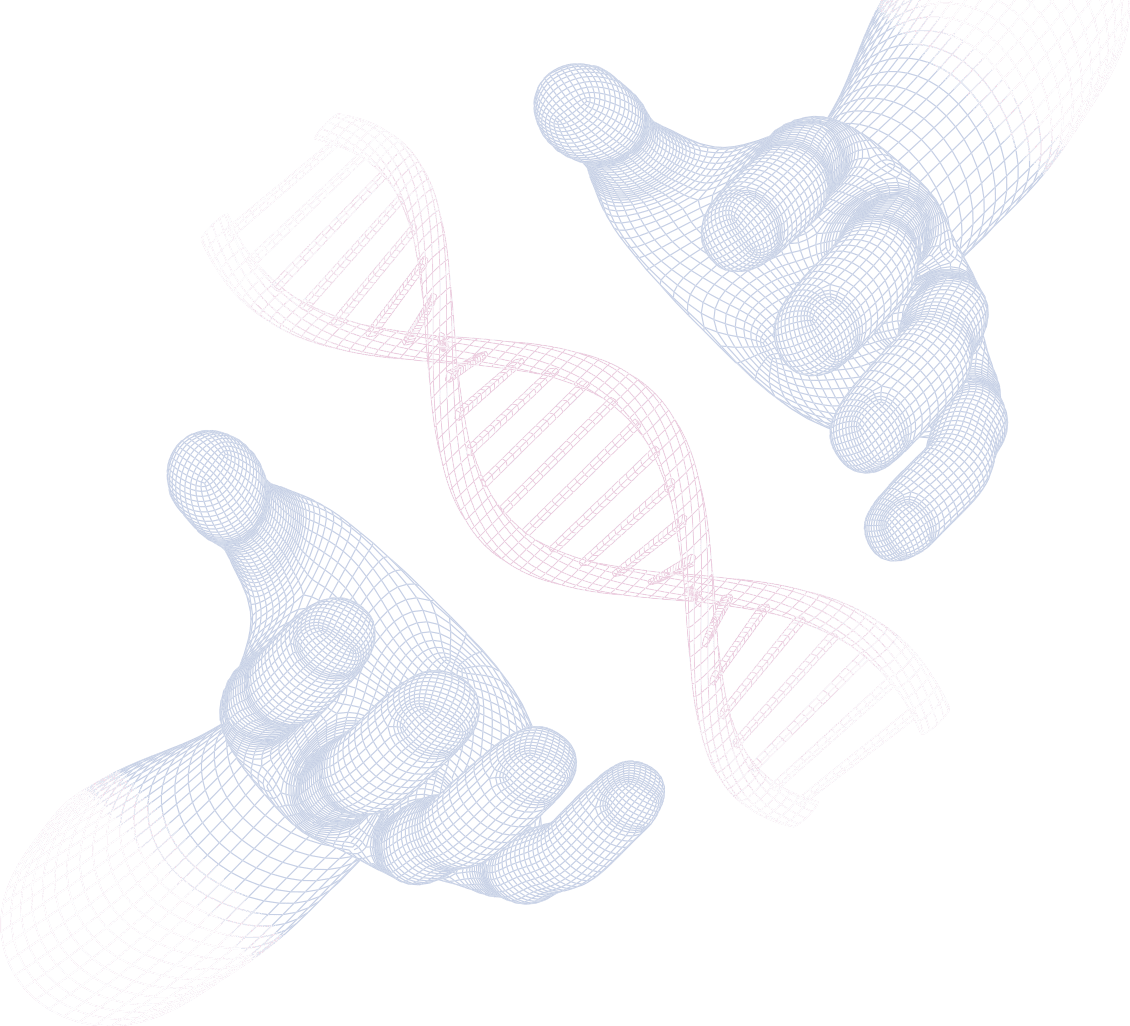
The exome accounts for only 1 – 2% of the whole genome, making WGS the most comprehensive test.
Whole Genome Sequencing (WGS) may be the ideal test when, other tests are not able to provide any insights regarding condition of person. Sometimes, because of new or inherited genetic mutations, genes can cause a disease or increase risk for disease. By sequencing genome, professionals can look at the unique variations found in genes. It doesn't predict exactly what will happen, but gives the chances of something happening. With genome-based testing, professional can deliver comprehensive answers—accurately and quickly—to many questions about genetic variations and rare diseases. This helps in making genetically informed decisions personalized to patient.
WGS is a powerful tool for detecting known and potential disease-causing variations. While other traditional genetic tests, such as whole exome sequencing and chromosomal microarray analysis, impart only particular changes in a patient's DNA, WGS is advantageous as a single test to detect variants that may not be amenable to current genetic testing.
WGS can capture virtually all disease-causing genetic variations including single nucleotide variants, small insertion/deletions, copy number variants, trinucleotide repeats, and mitochondrial variants. WGS has multiple applications ranging from being an effective diagnostic strategy for the clinical diagnosis of genetic and inherited disorders to treatment planning and pharmacogenomic uses.
WGS can sometimes detect a change in a person's DNA unrelated to the reason for the sample being sent for testing. If this change is medically significant, it is called an incidental finding. Possible incidental findings include mutations that increase a person's risk for cancer or heart disease. It is optional to receive results on incidental findings.
